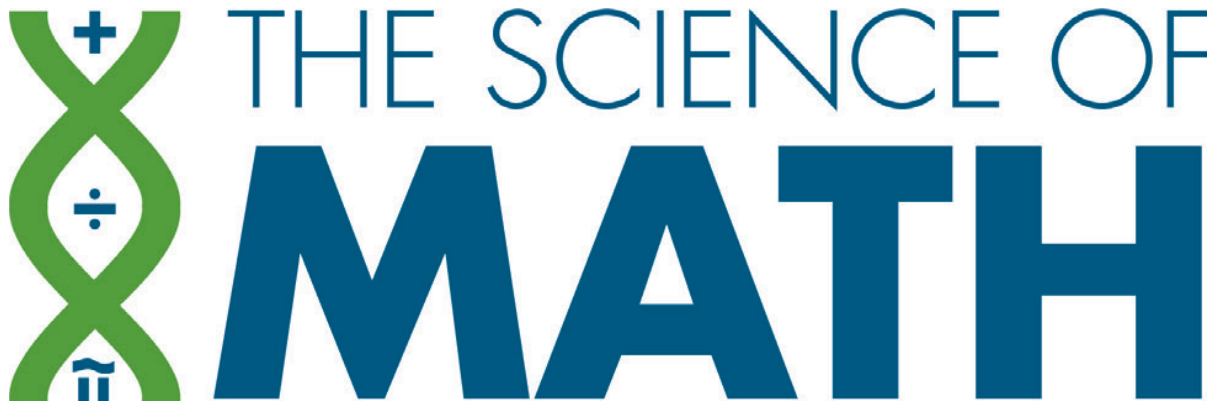
Common Misconceptions: Executive Function Interventions Will Improve Math Outcomes
MISCONCEPTION
Interventions designed to improve executive functioning will increase mathematics performance. Many people believe that improving executive functioning through direct training (e.g., working memory, cognitive training programs) will improve mathematics achievement.
TRUTH
Most evidence suggests there is a small to negligible relationship between measures of executive function and student response to intervention.1 In the few studies examining the causal link between executive function interventions and academic outcomes, researchers only found improvements on measures of executive function but no improvements on academic achievement.2

What Does the Evidence Support?
IMPLICATIONS FOR PRACTICE
Interventions should:6,7,8
Include self-regulation and reinforcement strategies;
Minimize cognitive load on working memory through explicit instruction and breaking down problems into smaller, more manageable parts;
Minimize language load by using visual representations;
Include fluency-building practice.
Citation: Advocates for the Science of Math (2021). Common misconceptions: Executive function interventions will improve math outcomes. Authors.
(1) Burns, M. K. (2016). Effects of cognitive processing outcomes and interventions on academic outcomes: Can 200 studies be wrong? Communique, 44(5), 1, 26–29.
(2) Jacob R., & Parkinson, J. (2015). The potential for school-based interventions that target executive function to improve academic achievement: A review. Review of educational research, 85(4), 512-552.https://doi.org/10.3102/0034654314561338
(3) Compton, D. L., Fuchs, L. S., Fuchs, D., Lambert, W., & Hamlett, C. (2012). The cognitive and academic profiles of reading and mathematics learning disabilities. Journal of Learning Disabilities, 45(1), 79–95. Retrieved from https://pubmed.ncbi.nlm.nih.gov/21444929/
(4) Montague, M. (2007). Self-regulation and mathematics instruction. Learning Disabilities Research and Practice, 22 (1), 75-83 https://doi.org/10.1111/j.1540-5826.2007.00232.x
(5) Burns, M. K., Aguilar, L. N., Young, H., Preast, J. L., Taylor, C. N., & Walsh, A. D. (2019). Comparing the effects of incremental rehearsal and traditional drill on retention of mathematics facts and predicting the effects with memory. School Psychology, 34(5), 521–530. https://doi.org/10.1037/spq0000312
(6) Fuchs, L. S., Fuchs, D., & Malone, A. S. (2018). The taxonomy of intervention intensity. Teaching Exceptional Children, 50(4), 194–202. doi:10.1177/0040059918758166
(7) Powell, S. R., & Fuchs, L. S. (2015). Intensive intervention in mathematics. Learning Disabilities Research & Practice (Wiley-Blackwell), 30(4), 182–192. doi:10.1111/ldrp.12087
(8) Fuchs, L.S., Newman-Gonchar, R., Schumacher, R., Dougherty, B., Bucka, N., Karp, K.S., Woodward, J., Clarke, B., Jordan, N. C., Gersten, R., Jayanthi, M., Keating, B., and Morgan, S. (2021). Assisting Students Struggling with Mathematics: Intervention in the Elementary Grades (WWC 2021006). Washington, DC: National Center for Education Evaluation and Regional Assistance (NCEE), Institute of Education Sciences, U.S. Department of Education. Retrieved from http://whatworks.ed.gov/.

